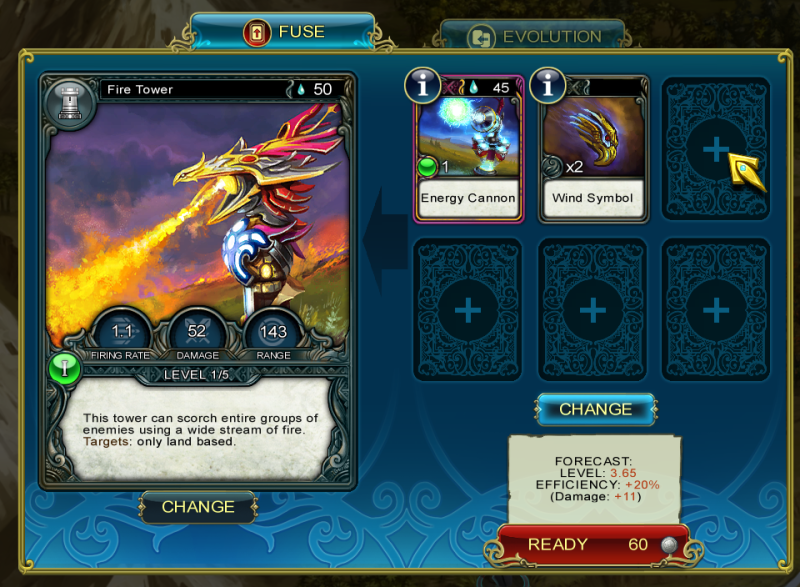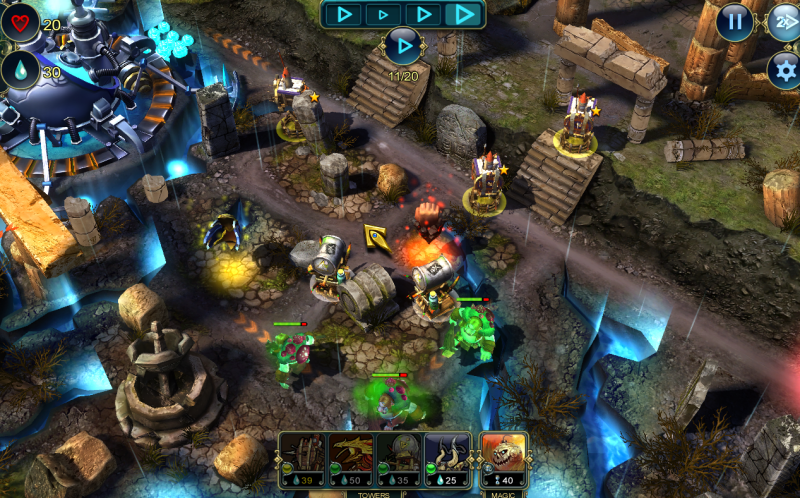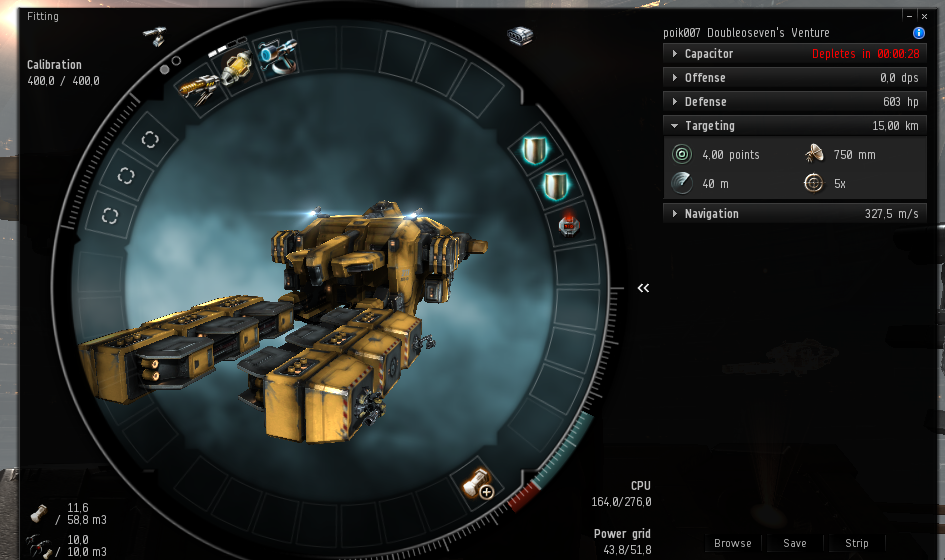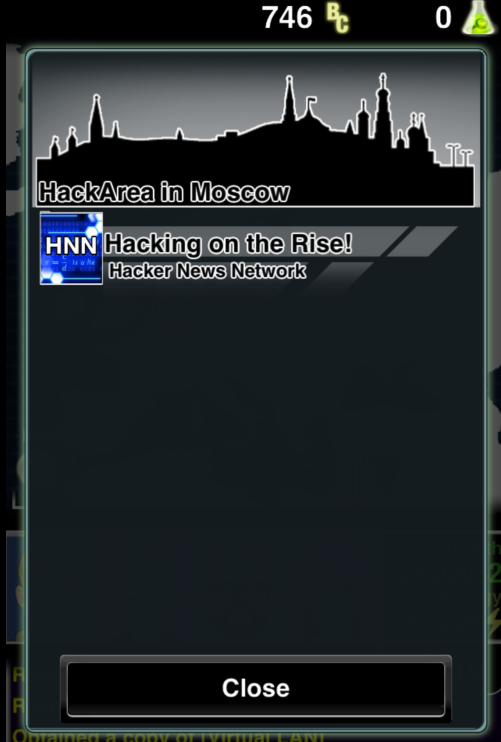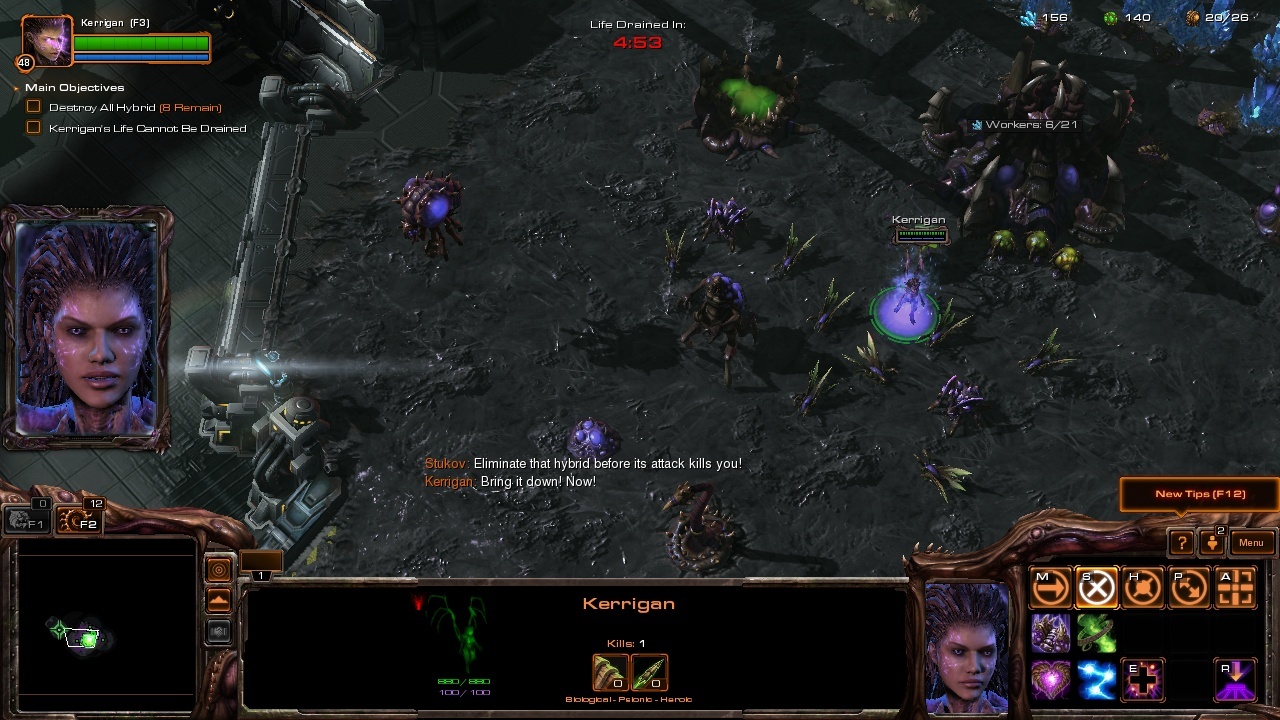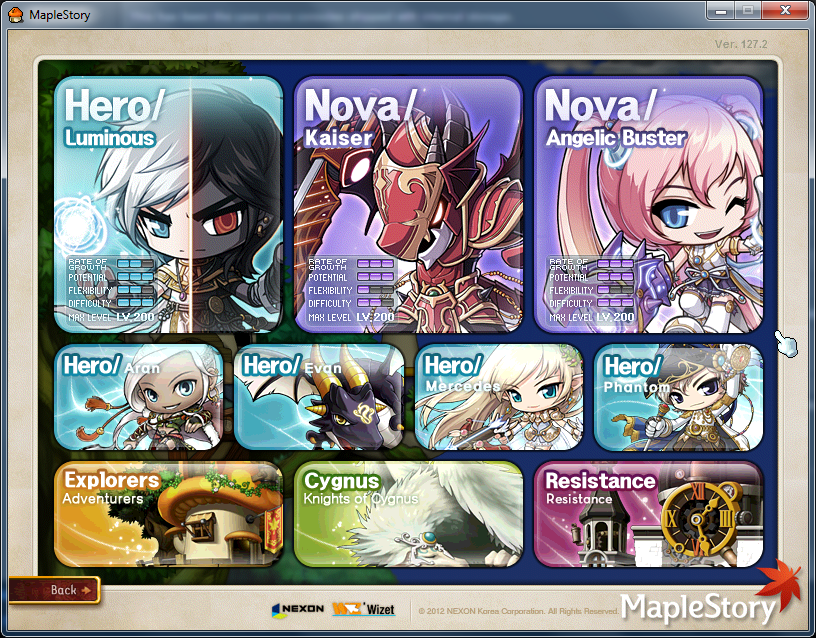Kingdom Rush: Frontiers is an amusing tower defense game with enough customization options and neat little gameplay elements that makes it worth the 3.99$ price tag but also tries to catch IAP money through some other means that I can't say I care much about.
Prime World Defenders is a tower defense game with some RPG elements such as leveling up towers and collecting items to strengthen them, getting experience to unlock talents and grinding to get more gold and levels to be able to beat the most difficult ones. It required too much grinding for me.
There is a great balance act when you're building an open world game; You need to have a main storyline compelling enough to have the player want to go forward with it and at the same time you need to have enough side activities to justify having the game being open world. A big open world without stuff to do in it only feels like a reason to run around (or drive) only to get to the next story beat. Sleeping Dogs succeeds at being a fun open world game with a few weird mechanics here and there but mostly interesting stuff to show.
I didn't back Star Command when it was on Kickstarter because I rarely back kickstarters, but I decided to give it a shot when it launched on the iPad a few weeks ago and see what kind of space game it was. This game has charm but a few issues that could easily be fixed. Okay, some issues are tougher to crack, especially the crew control, but I'll try to offer some insight on what is wrong with Star Command and what I would do with it.
This game does on-screen virtual buttons in a satisfactory manner, I haven't played many games like that but I found the controls good for an iPad platformer game. You jump with the B button and fire with the A button (and you can drag the A button up to fire upwards) while moving around to dodge enemies and projectiles, jump over pits and collect stars and skulls. There are tons of levels and tons of things to unlock.
I've heard stories about EVE Online, stories about crazy schemes and wars and how you could do anything, be anything, as long as you invested the time (and sometimes money) in it. This is all very interesting, of course, but trying the game myself was something I needed to do and I understand some of it after a weekend of playing it, but it's not for me, it's quite boring, to be frank, full of seemingly useless systems and confusing progression. Is EVE an MMO? Probably, but not a World of Warcraft style MMO. I'd rather play one of these, they have less freedom in them, but everything you might be able to do is easily understood.
I feel like there's a trend with iOS games that I'm unsure about. The trend of having subpar core mechanics but really great fluff, random loot, leveling systems, skill trees and collectibles are added to games with weak gameplay loops. Nameless: The Hackers RPG is one of these games, I love everything around it but the main thing you do in it - fighting in turn-based battles - is poor. Also the anime style is not what I'd like in that kind of game but that's not relevant, design-Wise.
I didn't review Starcraft 2 for two reasons, one is because I wasn't writing this blog when it came out and two because the review would have went like this: Starcraft 2 is an almost exact copy of the first starcraft game with better graphics (expected), a dumber story (expected) and almost no change at all because the game needs to be playable competitively by people who played Starcraft 1 for ages (also expected), I wouldn't have much more to say, you build SCVs, you gather minerals, you spawn marines and you shoot guys. Or you make zerglings, or you spawn more pylons. What about this new expansion then?
iOS games are very interesting because they can do microtransactions and try all kinds of business models to get things to the player and get money in return. Slayin is kind of squandering that opportunity even tho it would be very easy to implement hooks here and there so the player has the incentive to spend some money to get things in return. That being said, the gameplay loop is too simple and short as of right now for me.
EvoLand is a small indie project that was greenlight to Steam talking about 'the story of the evolution of RPGs'. I liked the idea so I decided to take a look at it. I love games where you evolve through concepts by way of unlockables and I love RPGs, and EvoLand scratched both those itches with varying degrees of success.
Nimble Quest is similar to the 'snake' game, you need to move a line that grows longer without touching anything, nor the walls, nor the other parts of your snake. In this case, you have a line of heroes that walk alongside arena-style maps where you have to defeat enough enemies before you can proceed to the next level. You start with one hero from a list of fifteen heroes or so (albeit they are but all locked at the beginning) each with their attack types and armor values and then you acquire more heroes by finding them randomly in the levels.
Pixel People is as casual as they go in term of iOS games, you have two resources, one of them can be paid for with real money and is used to save you the most time, the other grows slowly over time. The visual style is pretty neat and there one some very interesting game mechanics in there that made me bite the bullet and play tons of it, ultimately tho, it fails a bit short of what I wanted from it.
Cladun X2 is a dungeon crawler game made by Nippon Ichi Software, a company I know for weird games with sometimes interesting concepts, I'm always interested in games with strong meta mechanics and pixel art so I gave it a go and it's a very interesting game, one that I'm not going to finish because of save file loss, but interesting nonetheless.
I can't say that I've played many first person puzzle games in the vein of portal recently, mostly because they often encompass some elements of first person platforming and I'm not a big fan of that concept, but probably because I love my puzzles more in the Layton sense, removed in some way from the flow of the game in self-contained bits and chunks. Antichamber is doing the first person puzzle thing greatly with many surprises and fairly impressive technical tricks.
I'm terrible at stealth games. In metal gear solid, I constantly have to shoot my way out of failed sneaking operations, and I don't feel bad because even tho it was ridiculously tough to win such encounters in the old MGS games, the recent ones - such as peace walker - left you with good options and choices in case you knew you had to fight at one point or another. I've heard many good things about Mark of the Ninja and decided to give it a shot.
Puzzle Chronicles is a nice switch on the classic puzzle fighter genre that got popular with Puzzle Quest and games like it. I'll state upfront that videogame titles haven't got better with times since you can notice how similar both of them are. Usually, puzzle fighters are turn-based grid fighting games where you match gems and skulls and wildcards, often you get experience and gold to find yourself equipped with skills and items that affect the flow of the game in some way, fighting against an array of enemies also empowered with special abilities. Sometimes, mini-games will allow you to do different things to increase your choices.
I'm not going to be too hard on Maple Story, its roots date from 2006 or something that old and the game truly evolved through the years. Everything about it got better over time, from how classes started out - at first you had to roll randomly your stats and then fight for 10 levels with a really weak and boring character, while now you just need your core stats and you can skip the tutorial - to the distribution of quests by levels, to the 'balance' of skills to the amount of bugs and random stuff broken here and there. It's not really a good game even tho the concept of MMO platformer is pretty unique but I've spent way much time that I would've with this game during many years.
Path of exile is not a bad action rpg, mechanics-wise and systems-wise, but some flaws in the design philosophy and the overall look and feel of the game won't make me want to play it anymore when it goes into open beta soon. Here are the things it does right and the ones it does wrong and how I would fix them up
Saying that Darksiders 2 is a balance act wouldn't be false, it tries to be so much at the same time, improving in some ways over tried and true staples of the genre but lacking in other parts of it's systems. I haven't played Darksiders 1 but I assume that the sequel is higly iterrative with some ideas from the original. A side effect of me not having played the first one lies within the fact that I was surprised how Zelda-esque it was (A realisation that most people who played DS1 knew all about by then) and how it added so little over the classic formula.
Dungeons of Dredmor is a roguelike with a good sense of humor and tons of customization options to give you incentives to try again over and over. While I feel the items are overwhelming and the maps are too full with stuff, I think it's one of the best dungeon crawlers I've played.







